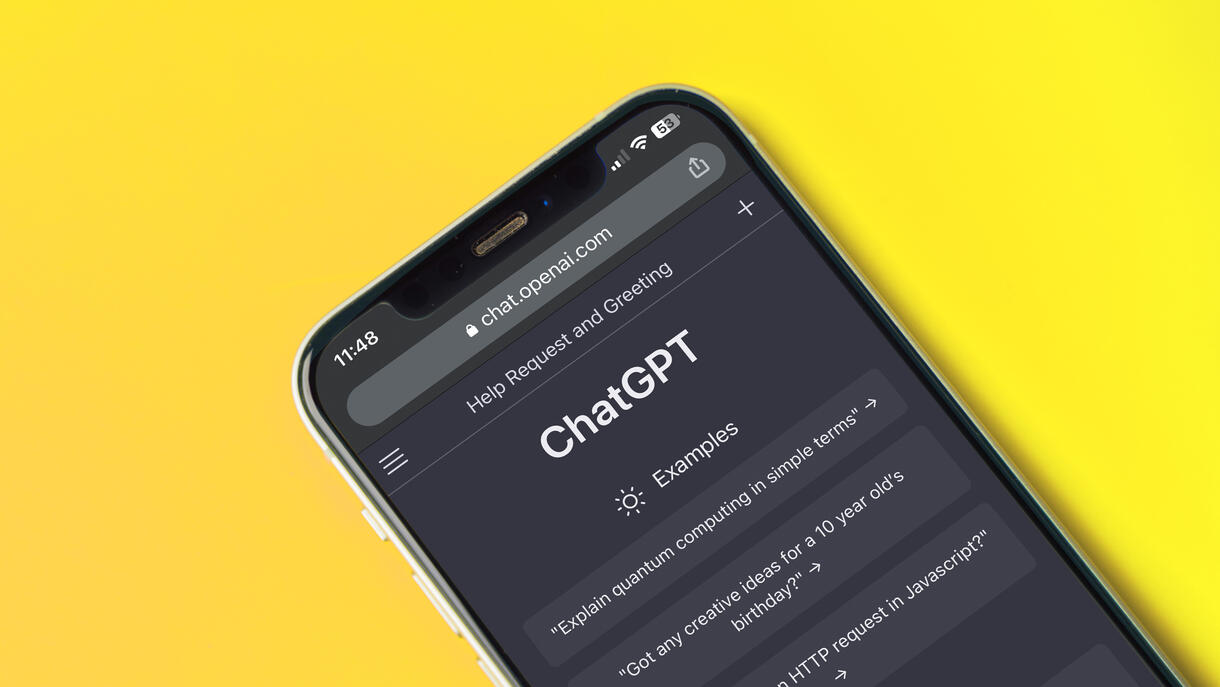ChatGPT has the potential to revolutionize the way students approach research and writing, and also how universities detect and prevent plagiarism.
Plagiarism is a serious problem in academia, and universities have been struggling for years to find effective ways to combat it. Many universities have implemented strict policies and procedures to deter students from plagiarizing, such as software that checks papers for plagiarism and academic integrity codes that students must sign. However, despite these efforts, plagiarism remains a persistent problem.
Generating Original Content
One of the ways ChatGPT is making universities rethink plagiarism is through its ability to generate unique and original content. Students can use ChatGPT to help them generate ideas for their papers, and can also use it to create unique content for their assignments. By using ChatGPT in this way, students can avoid the temptation to plagiarize from other sources, and can instead focus on creating their own original content.
While some may argue that using AI to generate content is not truly original, the fact is that ChatGPT can generate content that is unlike anything that has been written before. This means that students are not simply copying and pasting information from other sources, but are instead creating something new and original. Additionally, students can use ChatGPT to help them overcome writer’s block, or to explore new ideas that they may not have considered before.
ChatGPT’s ability to generate original content also has implications for the future of writing and research. As AI continues to improve and become more widespread, it is likely that we will see more and more students and researchers using AI to generate content. This means that universities will need to adapt to this new reality and find ways to ensure that academic integrity is maintained.
Detecting Plagiarism
Another way ChatGPT is changing the way universities approach plagiarism is through its ability to detect plagiarism. ChatGPT can be used by universities to check students’ work for plagiarism, and can identify instances where students have used content that is similar to other sources. This technology can help universities to more effectively detect and prevent plagiarism, and can also help to deter students from engaging in this unethical behavior.
Traditionally, plagiarism detection software has relied on pattern-matching algorithms to identify instances of plagiarism. While these algorithms can be effective in detecting exact matches between texts, they are often unable to detect more subtle forms of plagiarism, such as paraphrasing or patchwriting. ChatGPT, on the other hand, uses machine learning algorithms to identify similarities between texts, even if the wording has been changed. This means that it can identify instances of plagiarism that traditional software may miss.
ChatGPT’s plagiarism detection capabilities also have implications for the future of academia. As AI continues to improve, it is likely that we will see more advanced plagiarism detection software that can identify even more subtle forms of plagiarism. This means that students and researchers will need to be even more careful to ensure that their work is original and properly cited.
Changing Teaching and Learning
By providing students with access to ChatGPT, universities are not only promoting academic integrity, but also changing the way they approach teaching and learning. This technology can help to level the playing field for students who may struggle with writing or who may not have access to other resources that can help them improve their writing skills.
For example, students who speak English as a second language may struggle with writing assignments in English. By using ChatGPT to help them generate content, these students can focus on improving their writing skills without having to worry about the language barrier. Similarly, students who may not have access to other resources, such as writing centers or tutors, can use ChatGPT to help them improve their writing skills on their own.
ChatGPT’s potential to change teaching and learning also has implications for the future of education. As AI continues to improve, we may see more and more students using AI tools to help them learn and study. This means that universities will need to find ways to incorporate AI into their curriculum and ensure that students are prepared for a future in which AI plays an increasingly important role.
Conclusion
In conclusion, ChatGPT is revolutionizing plagiarism prevention in universities by promoting original content creation, detecting plagiarism, and helping to prepare students for a future in which AI is likely to play an increasingly important role. By providing students with access to this technology, universities are helping to promote academic integrity and originality, while also changing the way they approach teaching and learning.
While there are some concerns about the use of AI in academia, the fact is that ChatGPT has the potential to make a positive impact on the way we approach writing and research. As AI continues to improve and become more widespread, it is likely that we will see even more innovative uses of this technology in academia and beyond.
For businesses that with to utilize AI to help their business, contact Portland Software Developers the leaders in custom software development.

